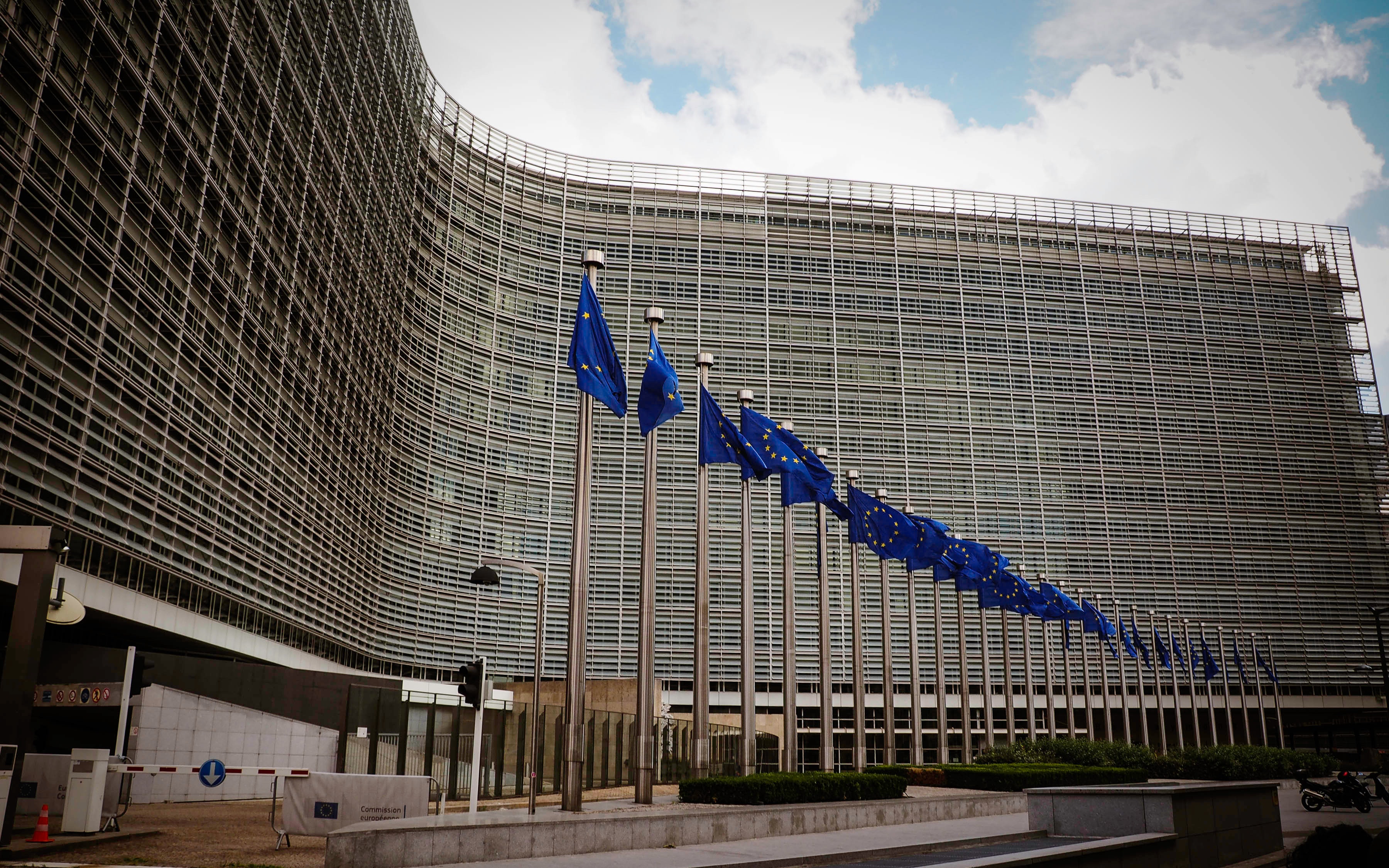EU agrees new limits on Ukraine farm imports
The European Union reached a provisional agreement on Wednesday to grant Ukrainian food producers tariff-free access to its markets until June 2025, albeit with new limits on imports of grains. The European Commission proposed in January to suspend duties and quotas on Ukrainian farm produce for a further year, with an "emergency brake" for poultry, eggs and sugar leading to tariffs if imports exceed the average levels of 2022 and 2023.

The European Union reached a provisional agreement on Wednesday to grant Ukrainian food producers tariff-free access to its markets until June 2025, albeit with new limits on imports of grains.
The European Commission proposed in January to suspend duties and quotas on Ukrainian farm produce for a further year, with an "emergency brake" for poultry, eggs and sugar leading to tariffs if imports exceed the average levels of 2022 and 2023. However, after months of protests from farmers over EU environmental rules and cheap imports, EU lawmakers pushed to extend the emergency list to other farm produce and add 2021 as a reference year. This was before Russia's invasion, when Ukrainian exports to the EU were curbed by tariffs and quotas.
Negotiators for the European Parliament and the Belgian EU presidency agreed in the early hours of Wednesday to add oats, maize, groats and honey to the list, while keeping the limit as the average of 2022 and 2023 imports. Negotiators ensured the Commission would act within 14 days, instead of an initially envisaged 21 days, if trigger levels were reached.
They also added a commitment from the Commission to monitor imports of Ukrainian wheat and other cereals and to take action if they disrupt EU markets. Ukraine's EU neighbours - Bulgaria, Hungary, Poland, Romania and Slovakia - have complained that the farm imports have upset their producers, leading to farmer protests and import bans. Shipments into those countries increased after Russia's invasion of Ukraine hindered exports via the traditional Black Sea route.
Kyiv has said its farm exports are not damaging EU markets, particularly now that about 95% of Ukraine's agricultural exports go via the Black Sea. It has also said the EU's emergency brake based on average imports of 2022 and 2023 was acceptable, but that adding 2021 would have been unworkable.
Wednesday's provisional agreement now needs to be approved by the European Parliament and EU governments, most likely in April.
(This story has not been edited by Devdiscourse staff and is auto-generated from a syndicated feed.)
ALSO READ
Ukraine says it downs all 10 Russia-launched drones
Germany's Scholz arrives in China on a visit marked by trade tensions and Ukraine conflict
Ukraine's Zelenskiy condemns Iranian attack on Israel
Ukraine's Zelenskiy condemns Iranian attack on Israel
House Speaker Mike Johnson says he will push for aid to Israel and Ukraine this week










